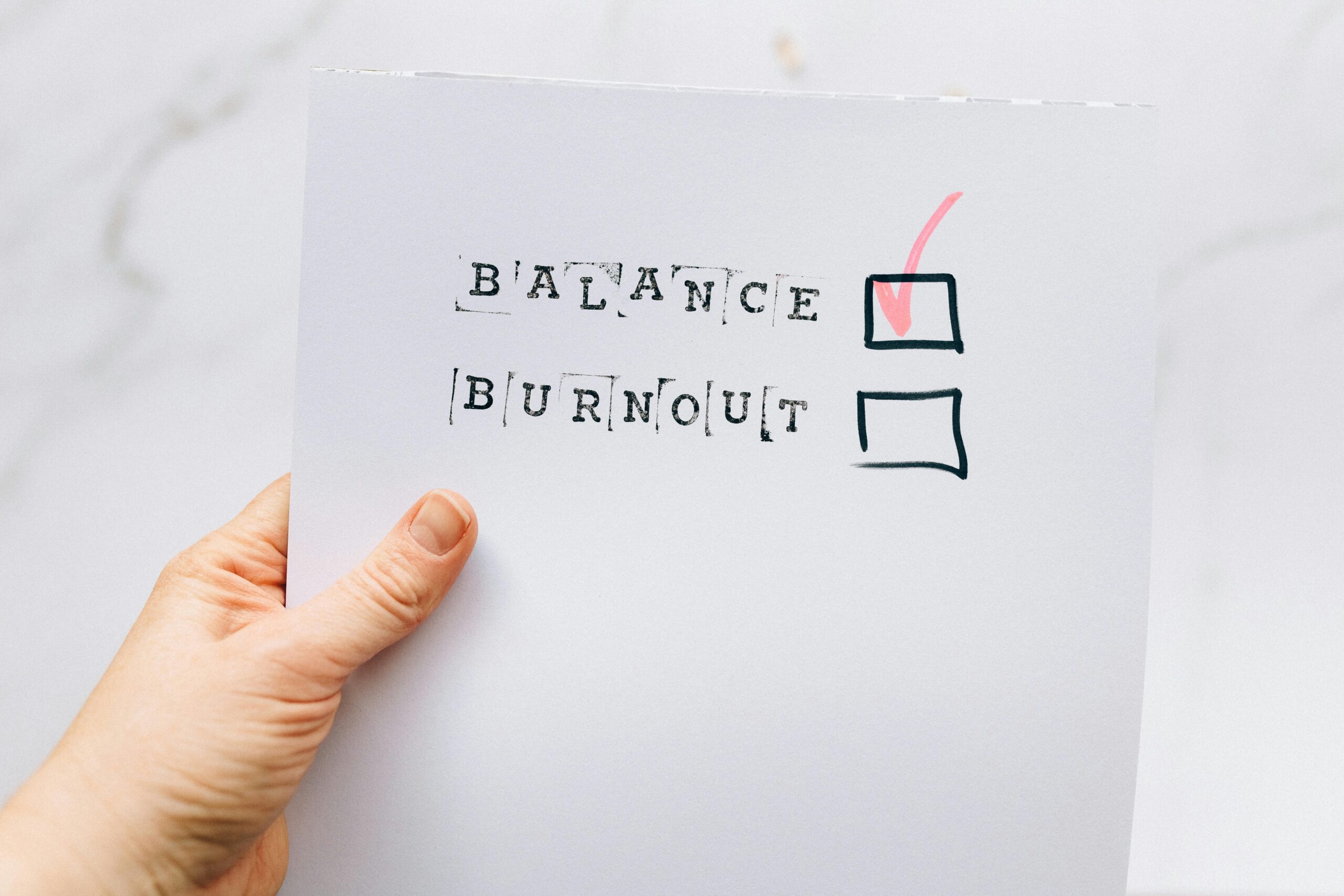The New Year is a time for fresh starts and positive change, and there’s no better resolution than committing to better mental health. For security guards, a profession that often demands long hours, irregular shifts, and intense focus, mental health can sometimes be an afterthought. However, addressing the impact of scheduling on mental well-being is a critical step toward creating a healthier and more productive workforce.
In this blog, we’ll explore how scheduling practices influence security guard mental health, the consequences of neglecting this issue, and actionable strategies for making 2025 a year of meaningful change.
The Hidden Mental Health Crisis in Security Work
Security guards play a vital role in maintaining safety and order, yet their mental health challenges often go unnoticed. The demanding nature of the job—characterized by long shifts, overnight hours, and irregular schedules—can create a perfect storm for stress and burnout.
Understanding the Challenges:
- Disrupted Work-Life Balance: Guards often struggle to maintain personal and family relationships due to unpredictable schedules.
- Physical and Emotional Strain: Long hours and high-pressure situations take a toll on both body and mind.
- Stigma Around Mental Health: In the security industry, discussing mental health issues can be seen as a sign of weakness, further compounding the problem.
Consider this: studies have shown that shift workers, including security guards, are at a higher risk for mental health issues such as anxiety, depression, and sleep disorders. This underscores the urgent need for industry-wide awareness and action.
How Scheduling Practices Contribute to Mental Health Struggles
While the demands of security work can’t always be avoided, poor scheduling practices often exacerbate the challenges.
Key Stressors Include:
- Irregular Hours: Unpredictable schedules disrupt sleep patterns and prevent guards from establishing a routine, leading to chronic fatigue.
- Inadequate Recovery Time: Back-to-back shifts with little downtime can result in physical exhaustion and mental burnout.
- Excessive Overtime: Guards frequently working overtime face heightened stress levels and reduced opportunities for rest.
Real-Life Scenario: Imagine a guard working a double shift at one location, only to be scheduled for an early morning start at another site the next day. Without proper rest, their performance, mood, and overall health suffer.
The Ripple Effect of Poor Mental Health
The consequences of neglecting security guard mental health extend beyond the individual.
For Guards:
- Decreased job satisfaction and motivation.
- Increased risk of physical health problems, including cardiovascular issues and immune system suppression.
For Employers:
- Higher turnover rates and recruitment costs.
- Reduced productivity and increased absenteeism.
- Lower client satisfaction due to inconsistent service quality.
Investing in guard well-being isn’t just the right thing to do; it’s a smart business decision.
Practical Strategies for Improving Guard Schedules in 2025
Addressing the impact of scheduling on mental health requires thoughtful planning and the right tools. Here are some practical strategies:
- Leverage Technology: Modern scheduling software, like CuroShift, can optimize work hours to minimize irregularities. Advanced tools also allow for employee preferences and skill sets to be factored into shift assignments, reducing unnecessary stress.
- Prioritize Balanced Schedules:
- Rotate shifts to prevent overloading specific guards with demanding hours.
- Ensure adequate breaks between shifts to allow for physical and mental recovery.
- Foster Open Communication:
- Conduct regular surveys or “value check-ins” to gauge employee satisfaction with their schedules.
- Train supervisors to recognize signs of burnout and address concerns proactively.
- Promote Mental Health Resources:
- Provide access to counseling services or employee assistance programs (EAPs).
- Encourage guards to prioritize self-care and seek help when needed.
A Call to Action for Security Companies
Improving mental health isn’t just a New Year’s resolution—it’s a commitment to building a stronger, more resilient workforce. By implementing better scheduling practices, security companies can:
- Enhance employee well-being and job satisfaction.
- Boost productivity and reduce turnover.
- Strengthen their reputation as a company that values its team members.
Let’s make 2025 the year we prioritize the people who prioritize our safety. Small changes in scheduling can lead to significant improvements in mental health and job performance.
Ready to take the first step? Learn how CuroShift’s scheduling software can help transform your scheduling practices and support your team’s mental health today.

